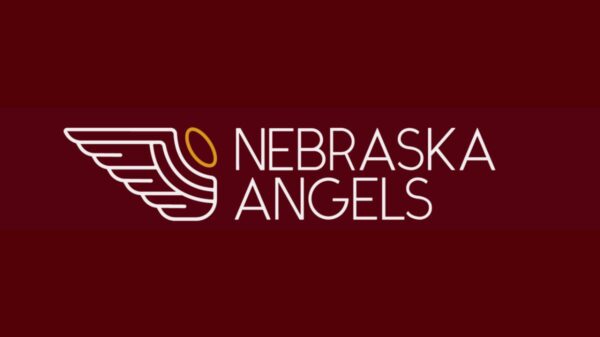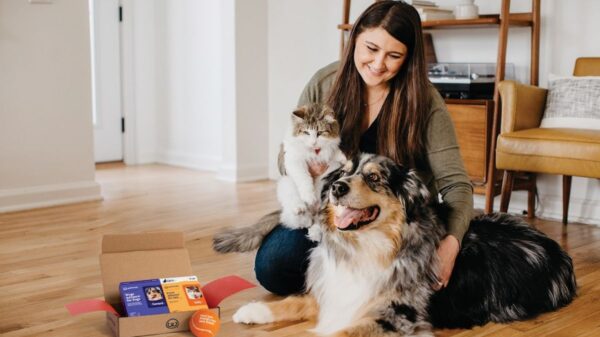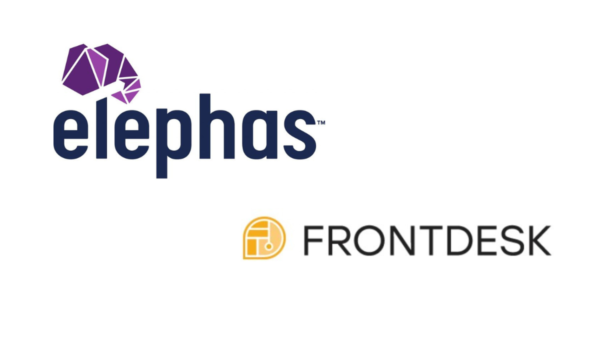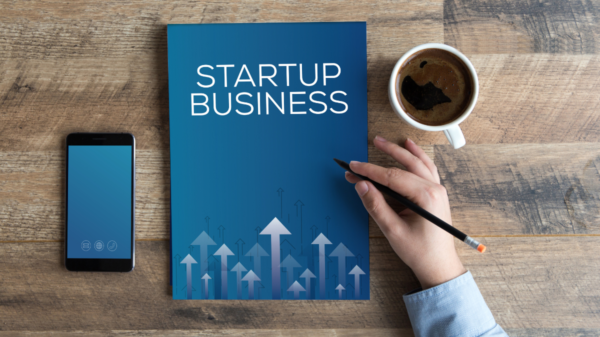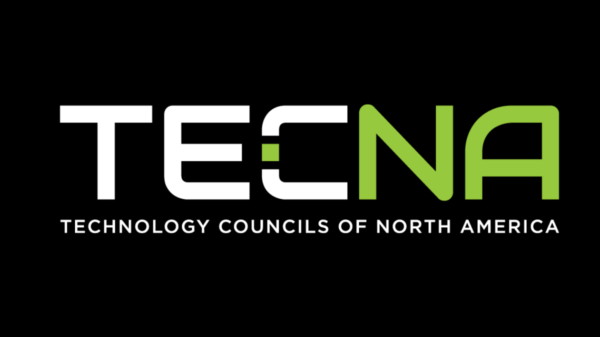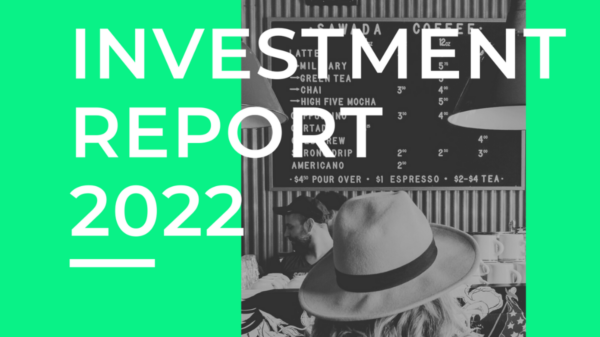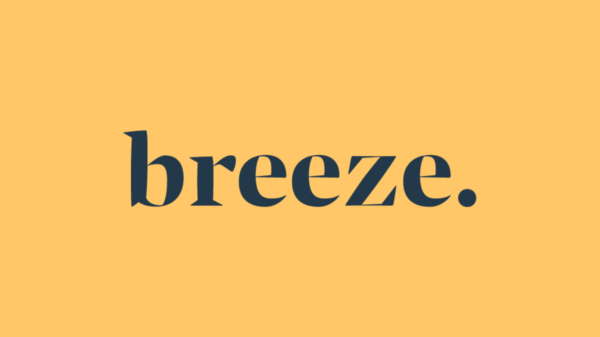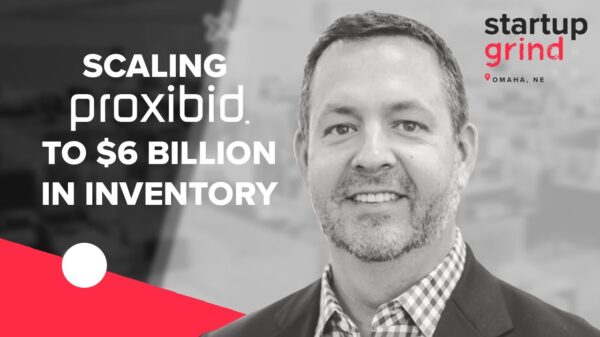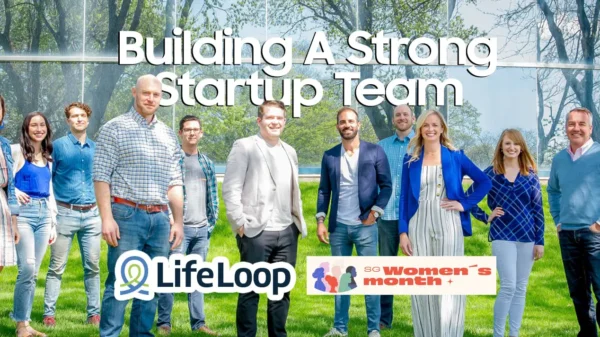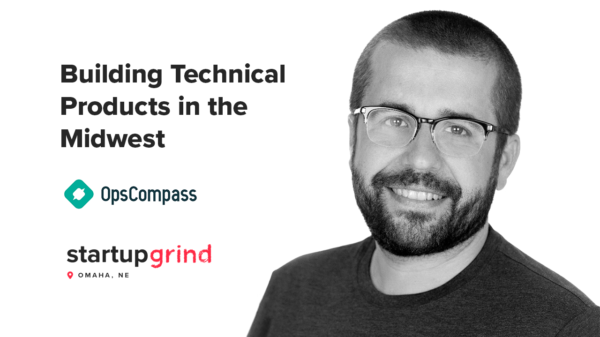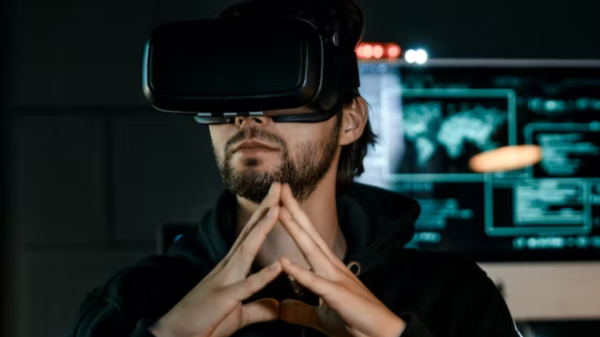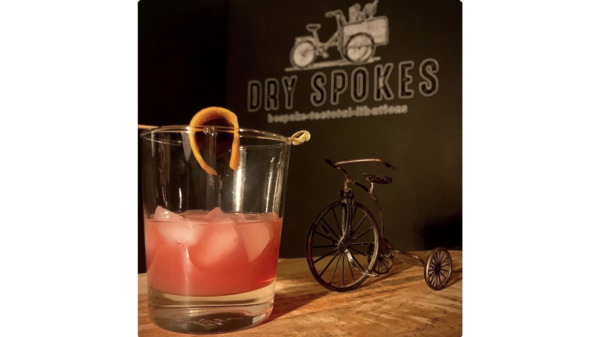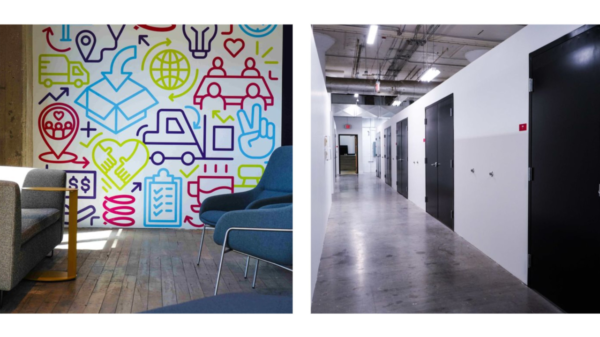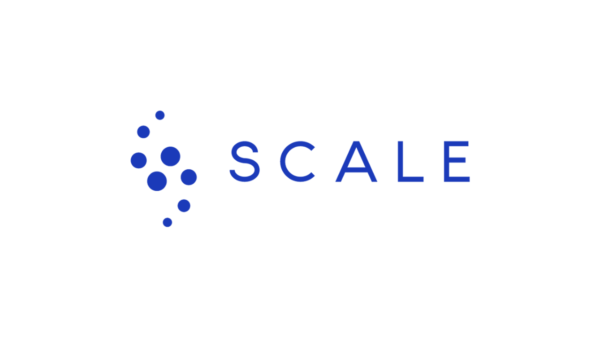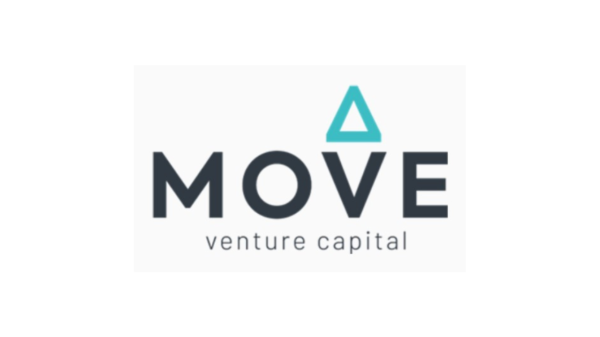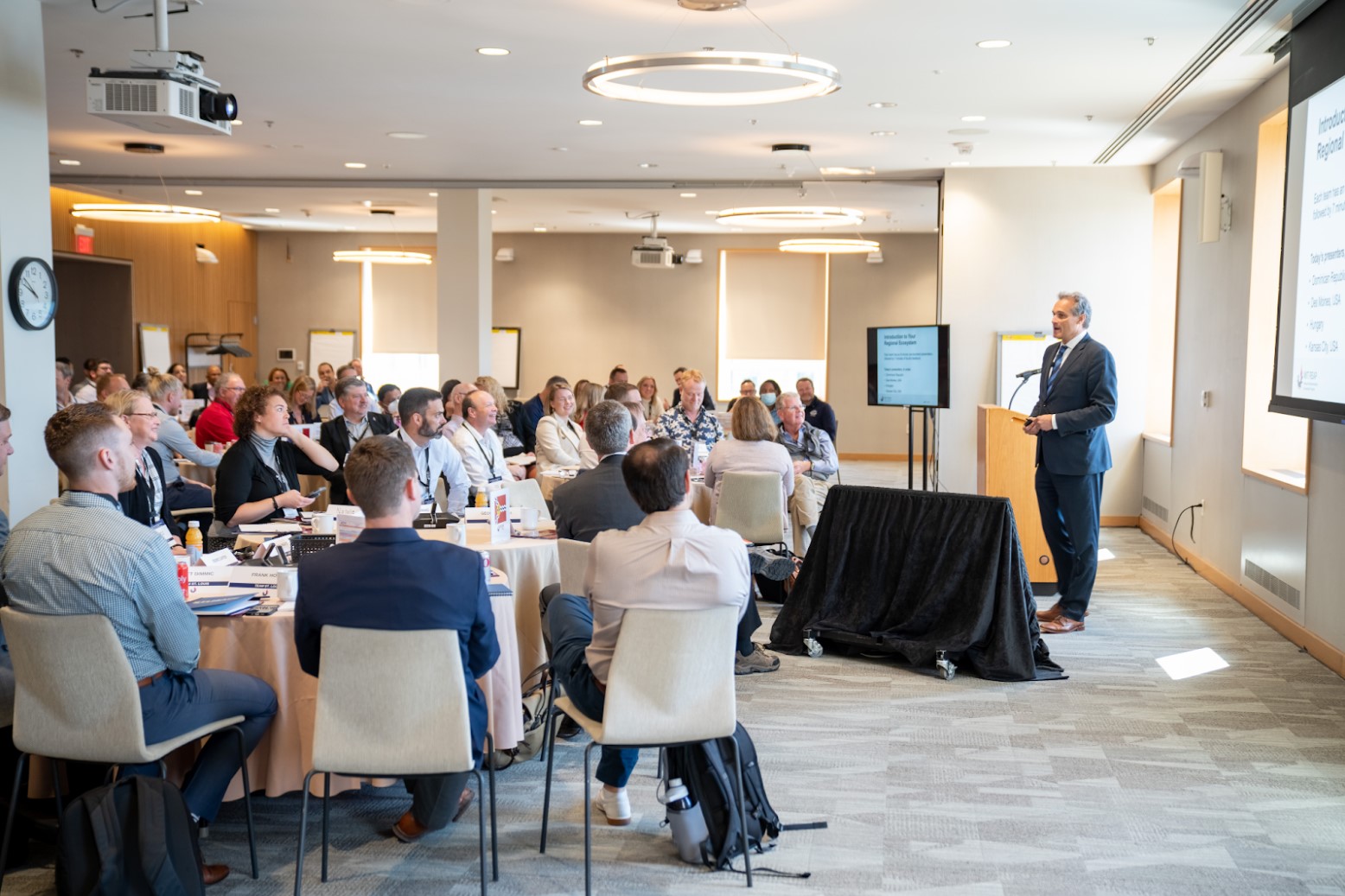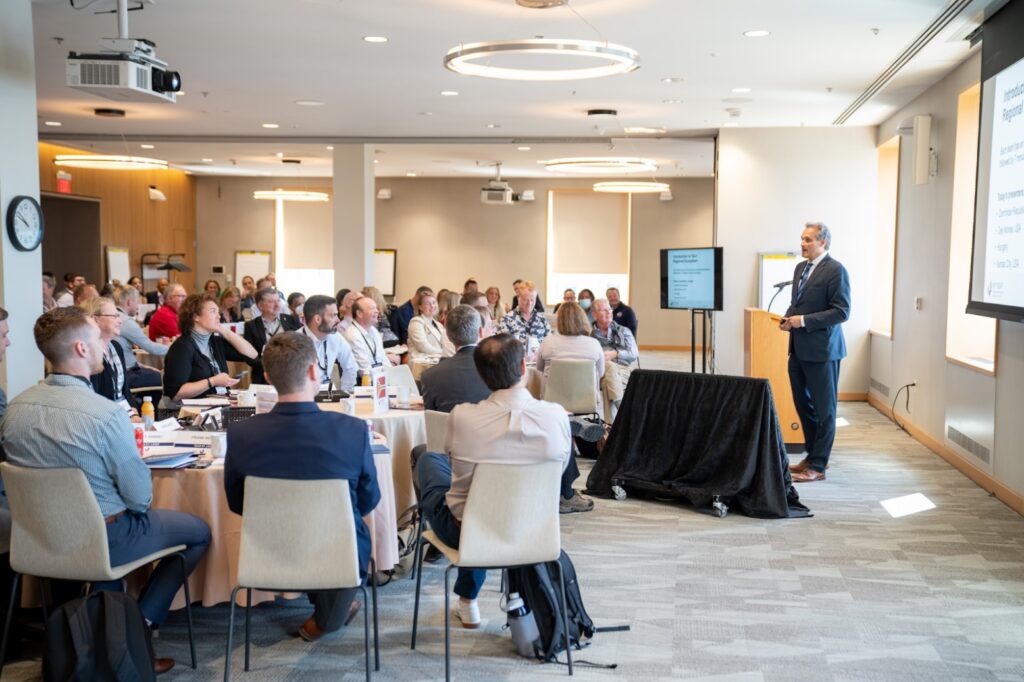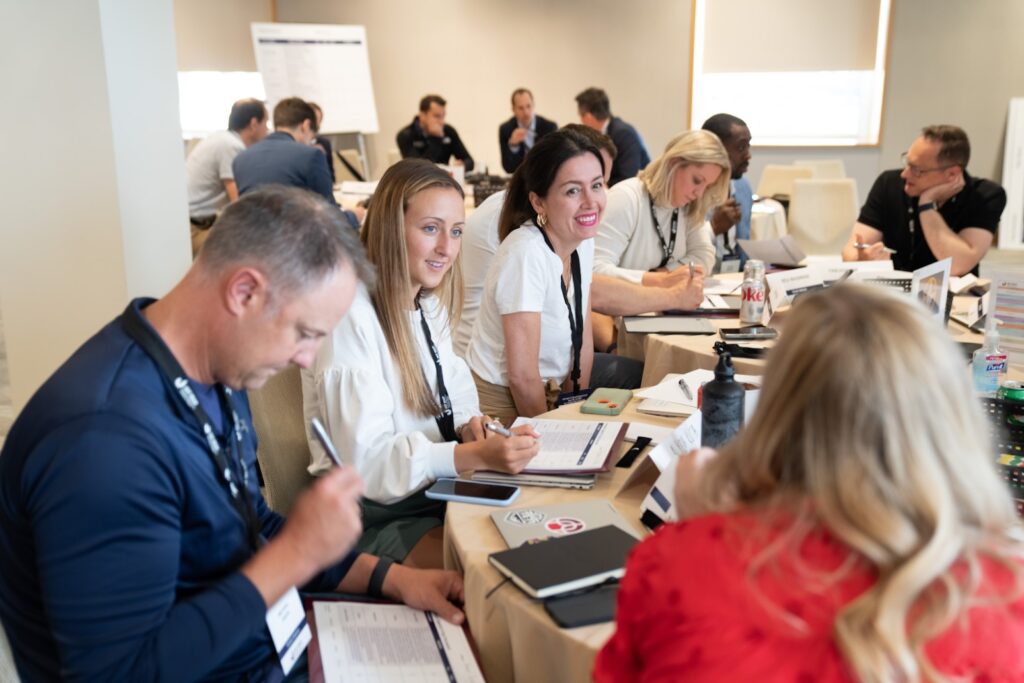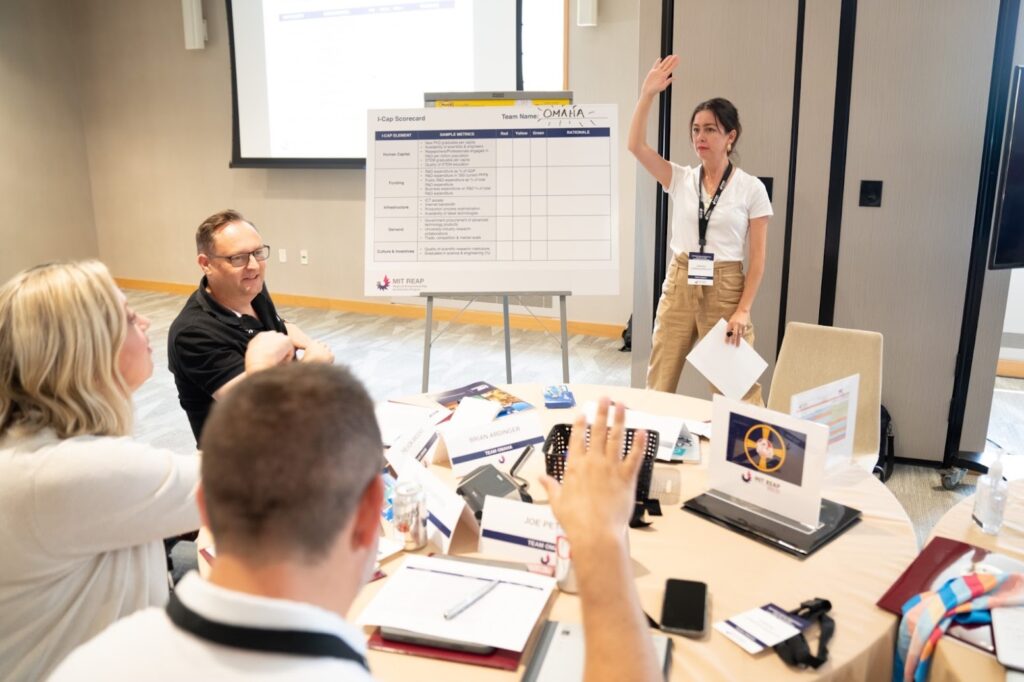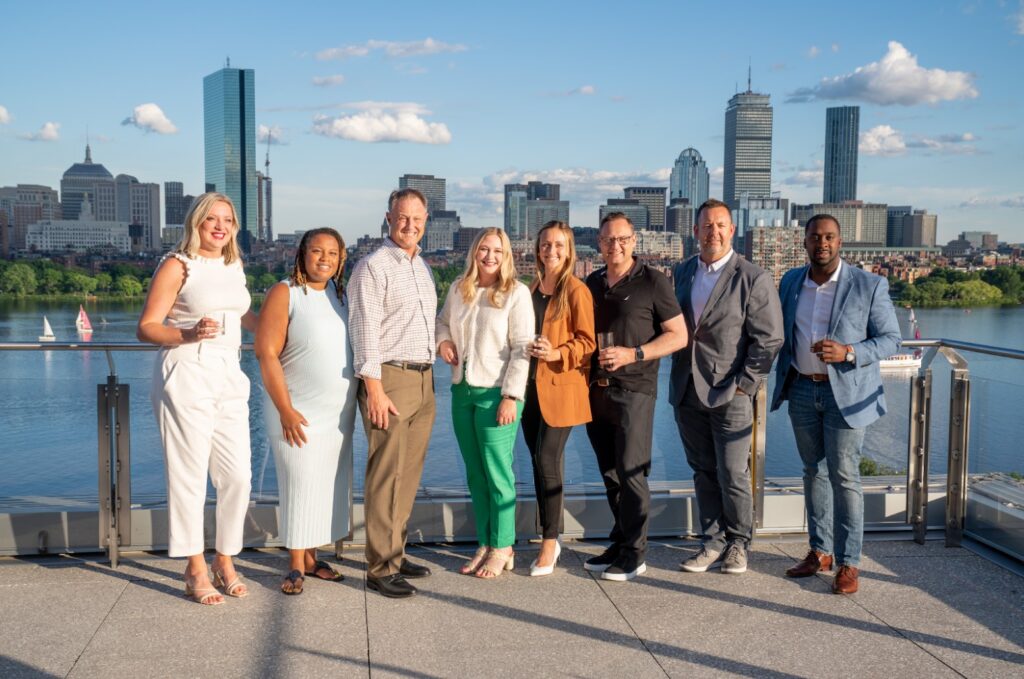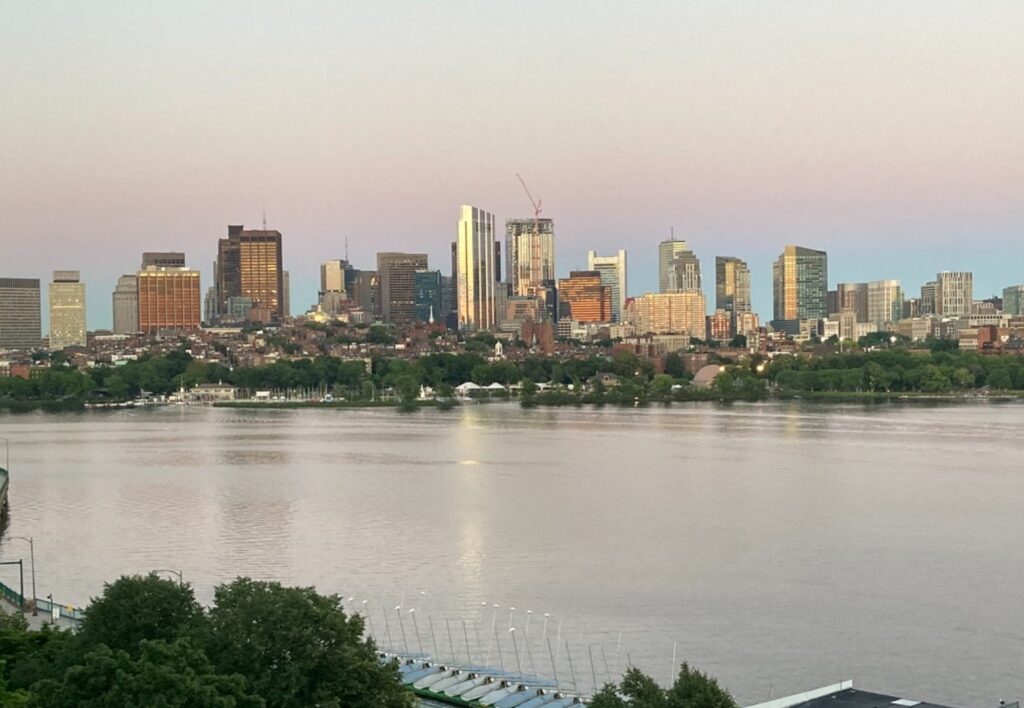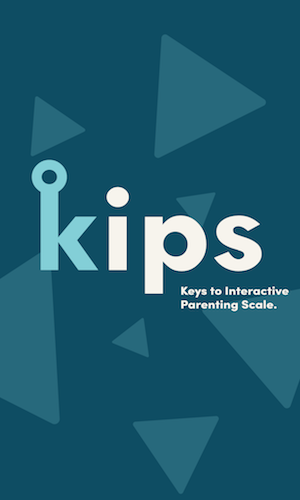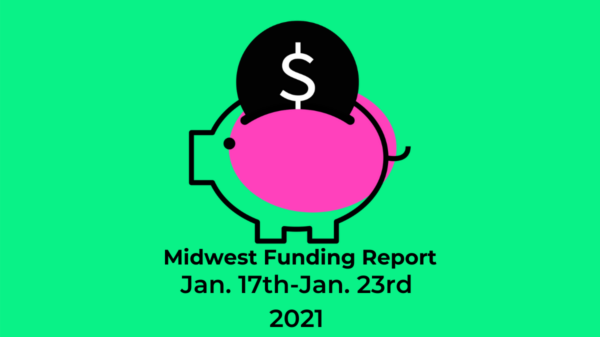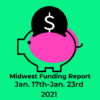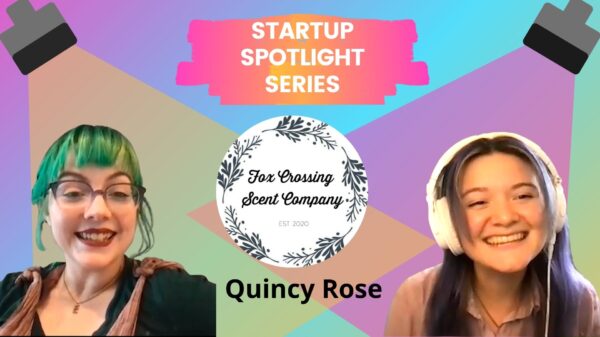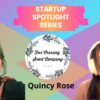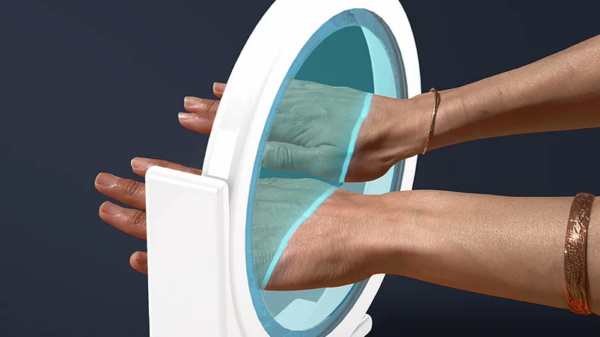I had never been to Boston until this trip. The night before I was playing Johnny Cash songs on my Casio to an audience of 7 while my brother played guitar. I am to the point in my musical career that I can slowly play chords whilst poorly singing. The journey has not been easy. Similarly, the trip to MIT though not easy was too good of an opportunity to pass up. My loving wife dropped me off at the Springfield MO airport and I cut the Bragg Family 2022 reunion short a few days, hopped on a plane to Boston, and immediately fell asleep. Ecosystem building is hard. I arrived in Boston later that evening after connecting through Charlotte. My team arrived earlier that day. We had only met a few times previously as a group and I admit to not knowing everyone’s name. Not knowing your teammates makes detailed strategy sessions difficult at best and completely unproductive at worst. To our credit we landed somewhere near “this is hard, but hard problems are worth solving”. Helping entrepreneurs from Nebraska succeed is a hard problem that is worth solving and we collectively moved that ball forward.
This blog post is a recap of my trip to the MIT Regional Entrepreneurship Accelerator Program (REAP). The conference/seminar/what are we doing here was June 28th to 30th, 2022, but I was there Monday night thru Friday morning. We gathered each day predominantly on the 6th floor of building 52 – the Chang Building. In case you didn’t know which building is the Chang building just look for the large oil painting of the Changs hanging in the lobby. When I say “we gathered” I am including all the teams from each city in REAP Cohort 9 – Omaha, KC, St Louis, Des Moines, Dominican Republic, Piaui Brazil, Hungary, and Perth Australia. Also present were the MIT faculty and staff, but the stars of the show were undoubtedly the food providers at MIT. The food was excellent and the service was tremendous. Small details matter when hosting events and they nailed that one.
What were you doing there? What were the big takeaways? What did you accomplish?
I asked myself all of these questions before my arrival. Why the fuck am I here? I could be sitting on a tritoon at the Lake of the Ozarks drinking a Busch Light and watching my nieces and nephews get tossed off a tube, but I am different than most. I spend too much time thinking and reading about how to measure entrepreneurial ecosystems on a daily basis mostly for fun but sometimes for work. I read books about measuring networks and calculating economic impact scores. Despite what you are thinking right now, I am a blast at parties. (Remember the Casio!) A better question in my mind is why are any of these other people here? The group from Perth literally lives on the opposite side of the globe. I sat next to one of their team members on the ecosystem tour on Thursday. He said the afternoon sessions were tough because it was the middle of the night for them. Wow, that is dedication. It occurred to me there must be a greater reason or motivation for coming besides seeing Boston or learning about measures of entrepreneurial activity. I am not talking about a higher power or some sort of religious calling to serve entrepreneurs from the Western Australian outback. The greater reason in this instance has to be the perception that we are learning from the best.
MIT is the best at everything, well most things, but are they the best at building an entrepreneurial ecosystem? They are clearly very good at teaching groups how to build them because they have been doing it for 9 cohorts now of 8 cities each. So that is around 72 cities from across the globe that have gone through this program. I did not fact check this number so if I am off by a few cities who cares? No one else in the world can fly that flag. Assuming they are learning from each effort, MIT has a very strong case for being the best in the world. This is why we cut vacations short and travel halfway around the globe for the experience.
For me personally it is the MIT network and the access to that network that will benefit the majority of the cities. As a member of the Startup Champions Network here in the US, I have experienced this type of network kinship first hand. I know other entrepreneurs and ecosystem builders from all over the US. I can send an intro or make a phone call if I run into a problem that doesn’t have an answer or needs specific expertise. This conference felt alot like the summits for SCN. I got a chance to get to know my team, have beers, share stories about kids, work, nicknames, thoughts on the future of Omaha and Lincoln, and debate strategy about how to best help entrepreneurs from the middle. This is really all ecosystem building is – getting the village to help raise successful entrepreneurs by building trust amongst local stakeholders.
No one does entrepreneurship alone and no one builds an ecosystem alone. This was reiterated by the MIT faculty in lectures about their 5 stakeholder model. It takes trust and coordination. I fall back on my developmental psychology background for a useful metaphor – ecosystem building, like parenting, is a balance of two things: Love and expectations. You need both to optimize outcomes. In ecosystem building you need people that care about entrepreneurs and people that want to see entrepreneurs succeed. Everyone agrees with this concept in theory, but the practical application is really difficult because no one knows how to engage with entrepreneurs and the answer is different for each of the 5 stakeholders – the government, corporations, universities, venture capitalists, and other entrepreneurs. I am not sure we capture all the community members with this model but the model doesn’t matter. The easiest way to help entrepreneurs is to be a customer or help find them a customer. Or by them a coffee or a Busch Light and ask how you can help or just listen. Or simply offer encouragement because we are all on the same team to solve problems and working toward a better tomorrow. If we take care of the micro interactions of finding, supporting, and celebrating entrepreneurs, the macro part of the ecosystem will build itself because a supportive entrepreneurial culture is what attracts and keeps entrepreneurs around. Come for the show, but stay for the food and culture.
The REAP program is a two year program and we are on Action Phase 1 – which is a terrible name for just getting started because it implies this process is linear or prescriptive. It won’t be. It will be messy, repetitive, counterproductive at times, grandiose, inspiring, heartbreaking, innovative, and mundane. It will seem easy on Monday and futile come Friday because that is the life of an entrepreneur and you cannot help them collectively without banging the drum or putting in the work with each individually. We are building a collective culture of trust and we are just getting started. I am going to leave you some pictures from our first week at MIT. For more information about Cohort 9 and the MIT Reap program visit – https://reap.mit.edu/community-2/cohort-9/. Also, we will be looking to interview individuals from each stakeholder group (this means you). If you are interested in being interviewed, then shoot me an email [email protected].

